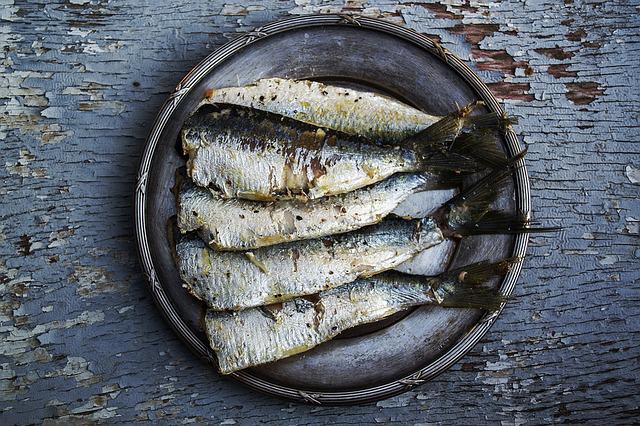
An article by TVM news claims that ‘eating fish twice a week puts you at increased risk of melanoma’, citing a long-term study of more than 490,000 adults by Brown University in the US. What the TVM article doesn’t say is that, while the study indeed identified an association between fish intake and melanoma, its findings were not clear-cut. Analyses did not take into account risk factors amongst the subjects (all now in their 60s), such as exposure to the sun, nor consider lifetime diets. Only at the very end of its article does TVM quote another academic who suggests that people who eat more fried fish or tuna might have lifestyles which increase their risk of melanoma.
In fact the researchers specifically cautioned that their observations did NOT allow for conclusions about a causal relationship between fish intake and melanoma; that more research is needed (although they speculate that it might be contaminants in fish, rather than fish itself, which is the risk); and that at present they do not recommend any changes in fish consumption (which is associated with a lower risk of cardiovascular disease). The most important advice for reducing melanoma risk is to limit exposure to UV rays.
A relationship between two phenomena does not necessarily demonstrate that one causes the other; there is a correlation between consumption of ice-cream and cases of drowning, but only because both are more common in summer. And while it could be argued that statistics by themselves don’t lie, the way they are interpreted, or sensationally reported, certainly can.
Humanists Malta takes a special interest in scientific research because of its potential to improve our human existence. Such reporting of scientific studies leads to people losing trust in science in general, as evidenced by the numerous comments under the article on social media. It is therefore crucial that, in the face of misleading news items, we are armed with basic statistical understanding, and the full facts, to dismiss potentially harmful claims.
Sources:
https://www.brown.edu/news/2022-06-09/fish-melanoma
https://www.nytimes.com/2022/06/08/well/eat/diet-skin-cancer-risk-melanoma.html

Recent Comments